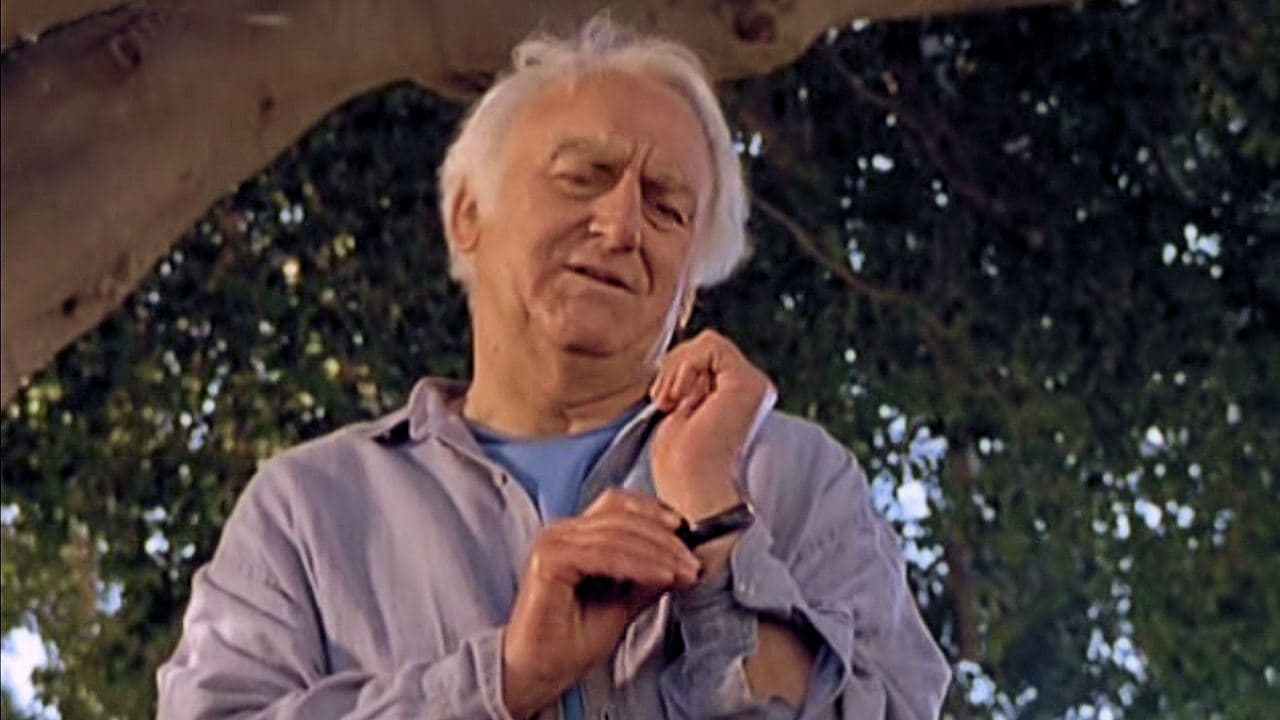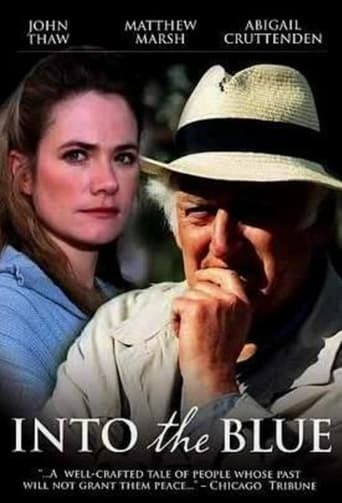



Very well executed
Thanks for the memories!
One of the worst movies I've ever seen
It is a performances centric movie
Having been dismayed by many tawdry TV rewrites of perfectly good books, I can understand why the "Into the Blue" author and many readers would be apoplectic after watching this. Instead of gasping at the thrills and chills in this TV movie, those who read the book first will merely gasp in surprise at how well over half of anything to do with it has been radically altered for this film, including the most major characters and plot twists.That any major changes should occur is not a surprise, however. Indeed, one wonders just why the producers chose to film this book of all things. There was just no way 400 pages of dense, hard paragraphs and exhaustive backstory (all in tiny font) could've made a film of 110 or so minutes. Despite having some compelling drama and ideas, frankly the book can afford to lose perhaps 100 pages.Even so, by the standards of adaptations, this film's condensations and rewriting are savage. I read the book second, then revisited the film. Thus for me, it's rather a hoot how the film broadcasts right from the start how it's spared nothing in its rewriting. In the first five minutes, Harry Barnett shows someone a portrait of Alan Dysart's wife, a small but important (and alive) supporting character in the book. Harry reports that she died of cancer 2 years ago, then moves on without another word. That's that for wifey! But the film gives us a decent enough TV movie thriller. Its technique is plain, typical for TV movies, but offers attractive sets, location shootings, and cinematography. The book has its share of melodrama, but the film really ups the thriller factor, which gets clichéd but still fun.The altered story also retains much of what worked best in the book's drama: Harry Barnett's central quest, and an interesting friendship with the vivid, yet inscrutable Alan Dysart.True, the film is clichéd in how it sets up Harry's private investigation of Heather Mallender's disappearance. The usual "innocent man must launch his own private investigation to clear his name, while the authorities hassle him and do nothing useful." But it keeps the device of Harry obtaining photos Heather has shot, and using them to retrace her own investigative journey from the past. The film gets great cinematic fun out of this -- Harry will give us a close-up view of a photo of a building; then the shot pans up to show the actual building, proving that he's on the right track.Alan too remains compelling: a well-fed and well-groomed man of power (love the suspenders) who's generous, supportive, yet ambiguous. (The film errs a little by making him ambiguous from the start.) Forever helping Harry out of trouble, Alan provides one of the most gripping dramatic moments when Harry declines to do him a major favor. Alan stops and glares at him, and complains to Harry for the first time. "It's the only favor I've ever asked of you." Immediately he departs in defeat. We feel the pain and guilt such an accurate criticism must've made to Harry.Unfortunately, the film glosses over their surprising drama at story's end.Zora Labrooy, friend of Heather and secretary to a shifty psychologist, provides another strong character and relationship for Harry. Despite rewrites, her essential elements are largely the same. The investigation pushes her to become an ally and assistant to Harry. Besides its own ambiguity, this friendship is made interesting by an increased, constant tension and fragility. They're never sure they can trust or find a real use for each other.Also of note is John Thaw, who provides the right dramatic gravitas whenever required. It's also fun to see him convincingly play a cockney man of modest background, in contrast to his famous role of cultured Inspector Morse.
View MoreI saw this on TV about a year ago, and I liked it. That Christmas, I got the book by Robert Goddard, and I couldn't put it down. It is a brilliant book, and I've also got Sight Unseen, which I'm looking forward to starting. It is a fresh change from reading Agatha Christie, who coincidentally is my favourite author.That said, the TV adaptation, while very different to the book, is pretty solid. John Thaw does his best, with a difficult accent, but looks uncomfortable sometimes. I hate criticising Thaw's acting, because he was one of Britain's finest actors. The letdown however, was the script, it was very clunky, and I didn't like some of the plot changes, like Heather getting killed. The ending was very disappointing, as I didn't understand it. They also missed really important things about Alan Dysart, played by Matthew Marsh, like his hidden homosexuality.However, I liked some of the scenes, such as when Harry first discovers that Heather is missing, and the big house being set on fire, after Peter Kingdom (Miles Anderson) was murdered. Most of the acting is good, the music is suitably ominous and Greece looks beautiful. Another thing that bothered me was this, who killed Peter Kingdom, because that wasn't made obvious.In conclusion, it isn't Thaw's best, but you may like it! 7/10. Bethany Cox
View MoreCompared to what we get on American tv, it was good. England seems to understand that there can be suspense without having to have calm, cool main characters and it is supposed to be believed that this is intensity.I came into John Thaw's work very indirectly, Inspector Morse would air on ETV as one of the Mystery segments. Of course, he was good.It would take me a while or two to realize that Into The Blue was not the same character, but still the story was fun. Being handed the abandoned baby, the death in the canoe and then the body found on the shore like that all at the beginning, and seeing how they all connected was a good attention-getting story. He got a pretty good ally in Zhora there for a while too. I know nothing about the book, of course, so it was all the first time I had seen the story. I had no problems with it.
View MoreRobert Goddard's splendidly crafted novel brought to the small screen. But Goddard must have been heartbroken to see how his work was changed for television production. John Thaw seems to struggle with a role for which he is completely miscast; and with the whole tenor of the plot changed for compression into a two hour format, this must be one of the more disappointing television adaptations of recent times.
View More